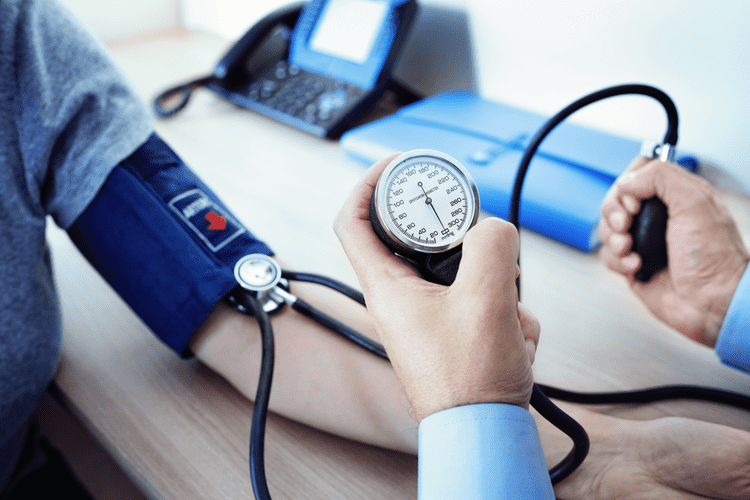Alcohol withdrawal causes a range of symptoms when a person with alcohol use disorder stops or significantly decreases their alcohol intake. The symptoms can range from mild to severe, with the most severe being life-threatening. Additionally, a healthcare professional can provide you with support and guidance throughout the entire alcohol detox process. Trying to quit alcohol on your own might be difficult since certain withdrawal symptoms, such as mild anxiety, mood swings, sleep disturbances, and tactile hallucinations, might be hard to handle. Alcohol addiction is a serious medical condition that requires continuous supervision of a medical professional and a supportive environment.
What Causes Alcohol Withdrawal Symptoms?
- Alcohol withdrawal occurs when a person who drinks alcohol excessively suddenly stops or significantly reduces their alcohol intake.
- For example, the frequency, duration, and the amount of alcohol consumed when drinking can all play a role in the severity of withdrawal symptoms.
- «Furthermore, consistent use of alcohol to induce sleep only increases the need to use alcohol in the future to get to sleep,» he explains.
Unfortunately, while alcohol may make it seem like you are falling asleep quicker, it can also lead to worse sleep quality. You may also begin to https://thecoloradodigest.com/top-5-advantages-of-staying-in-a-sober-living-house/ notice a number of improvements in your physical health. You’ll have more energy and stamina, and you may notice that your skin looks healthier.
Reach out now and join our supportive
«Starting to feel a little better. If I had the money, I would have gone to a 30-day rehab. I am still having shakes now and again. My head is in a fog constantly.» «I can’t believe the luxury of sleep! After a really hard time, I slept for two nights! Not all night, but great sleep.» «I get bad sweating even when sitting still, my head feels thick, my stomach hurts, and [I have] lots of gas. It’s been getting better by the day, but this morning again, I feel a bit nauseous and am getting hot and cold sweats.» «Still having cravings and thinking a lot about drinking. I’m so exhausted, though, and nauseated, I would probably get sick if I had a drink. I have noticed the cravings for sugar. Raw sugar snap peas take the edge off that.»
Introduction ‐ Medical Burden of Alcohol Abuse
- «I’ve had aches in every joint, and even now, the periodic taste of alcohol in my mouth. It’s the taste of detox, I’m guessing. Already, I’m sleeping better, feeling better, though I’m a little spacey, and my skin already looks healthier.»
- After two weeks of abstinence, the benefits of no longer drinking at harmful levels continue to become evident.
- However, 38 States and the District of Columbia have enacted laws allowing individuals to use marijuana under certain circumstances for medical purposes.
- Other drugs a healthcare provider might prescribe include anxiolytics , vitamins, and suboxone.
- «I feel good today but was very irritable last night. My clothes are fitting better, and my face isn’t as puffy.»
You might not recognize how much you drink or how many problems in your life are related to alcohol use. Listen to relatives, friends or co-workers when they ask you to examine your drinking habits or to Sober House seek help. Consider talking with someone who has had a problem with drinking but has stopped. Alcohol use disorder can include periods of being drunk (alcohol intoxication) and symptoms of withdrawal.
Alcohol Withdrawal Timeline: Symptoms and What to Expect

Alcohol Withdrawal Symptoms, Detox, Timeline, and Treatment
- It’s important first to get evaluated by a medical professional and to reach out to a support system if you’re able.
- When a person stops drinking, these neurotransmitters react by working feverishly.
- “Acupuncture can be used as a complementary approach by reducing cravings, stimulating endorphins (the body’s natural pain relief) and managing withdrawal symptoms.




